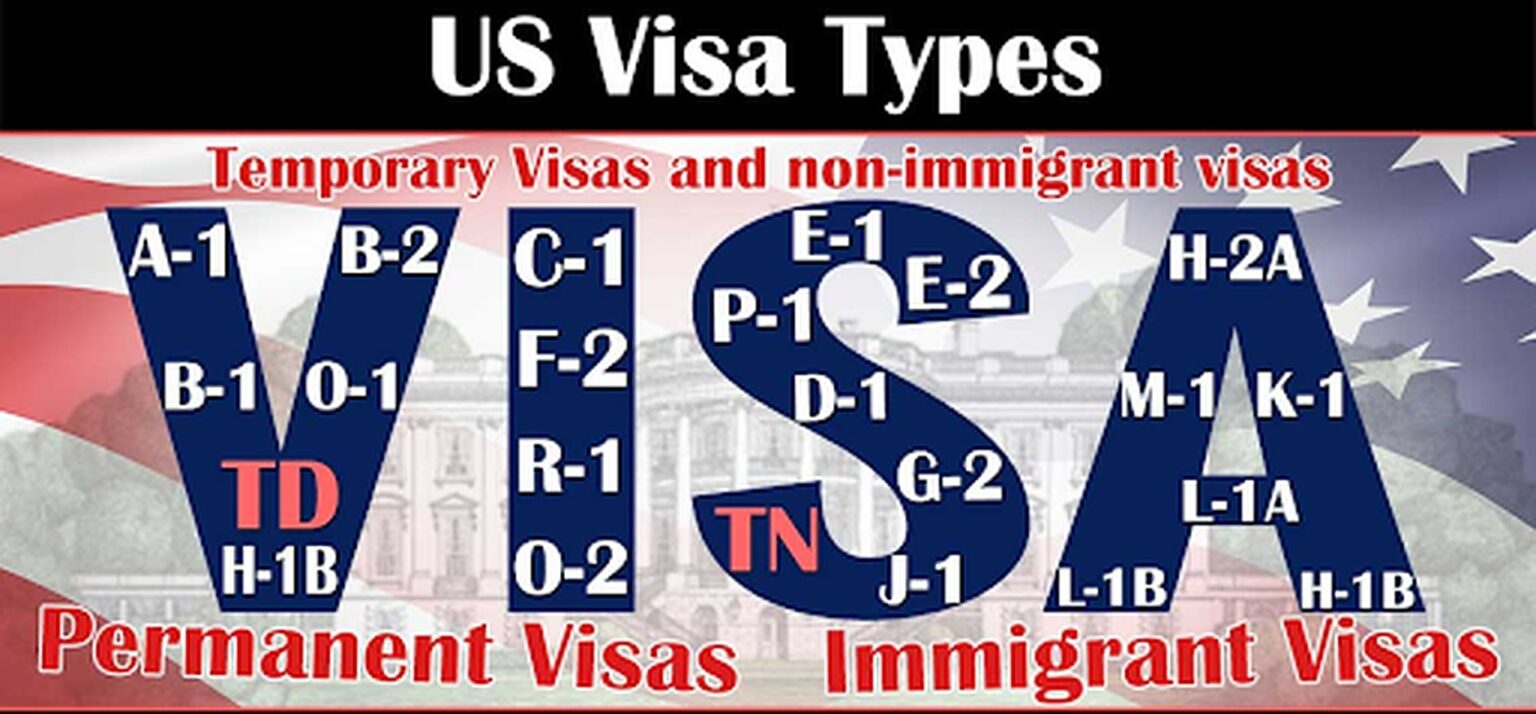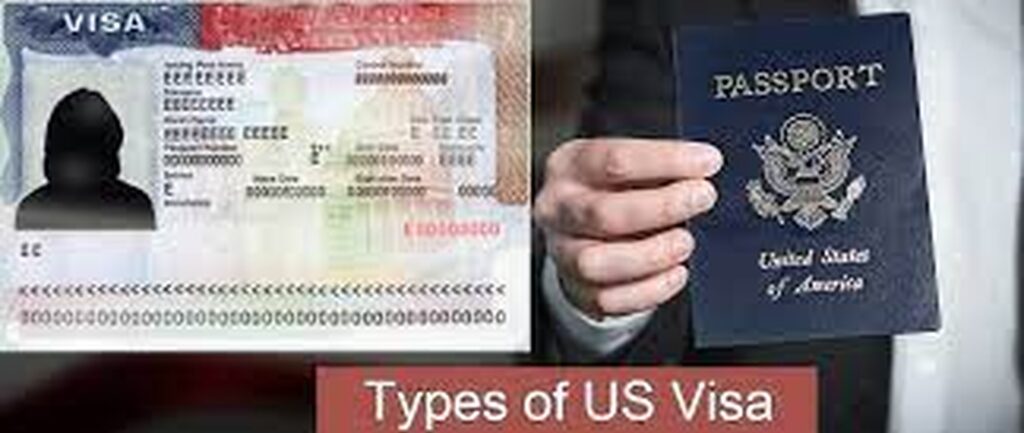
Types of US VISAs Available – Which One Suits You’re The Best
There are different types of US visas that are available for individuals who want to come to the United States for different reasons. The type of visa that is best for you will depend on your specific situation and what your purpose is for coming to the United States. Here is a look at the different types of US visas that are available and which one may be the best for you.
B VISA
The most common type of US visa is the B visa, which is for temporary visits for business or pleasure. If you are coming to the United States for tourism, then you will likely need a B visa. If you are coming to the United States for business reasons, such as to attend meetings or conferences, then you will also need a B visa.
F VISA
Another type of US visa is the F visa, which is for students who are coming to the United States to study at an accredited institution. If you are coming to the United States to study, then you will need an F visa.
J VISA
The J visa is for exchange visitors who are coming to the United States to participate in an approved exchange program. If you are coming to the United States to participate in an exchange program, then you will need a J visa.
H VISA
The H visa is for temporary workers who are coming to the United States to work in a specific occupation. If you are coming to the United States to work, then you will need an H visa.
L VISA
The L visa is for individuals who are coming to the United States to work for a specific company in a managerial or executive position. If you are coming to the United States to work for a specific company, then you will need an L visa.

O VISA
The O visa is for individuals who have extraordinary abilities in the arts, sciences, or athletics. If you have extraordinary abilities in the arts, sciences, or athletics, then you will need an O visa.
P VISA
The P visa is for athletes, entertainers, and artists who are coming to the United States to participate in a specific event or performance. If you are coming to the United States to participate in a specific event or performance, then you will need a P visa.
Q VISA
The Q visa is for individuals who are coming to the United States to participate in an international cultural exchange program. If you are coming to the United States to participate in an international cultural exchange program, then you will need a Q visa.

R VISA
The R visa is for religious workers who are coming to the United States to work for a religious organization. If you are coming to the United States to work for a religious organization, then you will need an R visa.
TN VISA
The TN visa is for Canadian and Mexican citizens who are coming to the United States to work in a specific occupation. If you are a Canadian or Mexican citizen coming to the United States to work, then you will need a TN visa. However, you will need a professional immigrant to look after your TN Visa renewal.
E VISA
The E visa is for treaty investors and treaty traders who are coming to the United States to engage in investment or trade activities. If you are coming to the United States to engage in investment or trade activities, then you will need an E visa.
EB-5 VISA
The EB-5 visa is for foreign investors who are investing in a new commercial enterprise in the United States. If you are investing in a new commercial enterprise in the United States, then you will need an EB-5 visa.
K VISA
The K visa is for fiancés of US citizens who are coming to the United States to get married. If you are the fiancé of a US citizen and you are coming to the United States to get married, then you will need a K visa.
V VISA
The V visa is for the spouses and children of lawful permanent residents who are waiting for their immigrant visa to become available. If you are the spouse or child of a lawful permanent resident and you are waiting for your immigrant visa to become available, then you will need a V visa.
Visa Lottery Program
The Diversity Visa Lottery Program is for individuals who are from countries with low rates of immigration to the United States. If you are from a country with low rates of immigration to the United States, then you may be eligible for the Diversity Visa Lottery Program.
As you can see, there are a variety of US visas that are available for individuals who want to come to the United States for different reasons. The type of visa that is best for you will depend on your specific situation and what your purpose is for coming to the United States.

Visa Options for Students
There are a few different types of visas available to students wishing to study in the United States. The most common type of student visa is the F-1 visa, which allows students to come to the United States to attend an accredited institution. The F-1 visa is generally valid for the duration of the student’s studies, plus an additional 60 days to allow the student to prepare to leave the United States or to transfer to another school.
Another type of student visa is the J-1 visa, which is for students who are coming to the United States to participate in an approved exchange program. The J-1 visa is generally valid for the duration of the exchange program, plus an additional 30 days to allow the student to prepare to leave the United States.
Visa Options for Workers and Professionals
There are a few different types of visas available to workers wishing to work in the United States. The most common type of work visa is the H-1B visa, which allows workers in “specialty occupations” to come to the United States to work. The H-1B visa is generally valid for a period of three years, with the possibility of an extension for an additional three years.
Another type of work visa is the L-1 visa, which is for workers who are coming to the United States to work for a specific company in a managerial or executive position. The L-1 visa is generally valid for a period of one year, with the possibility of an extension for an additional two years.







